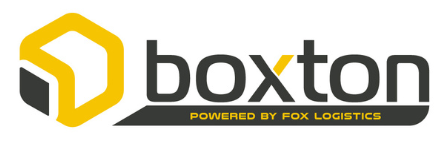In my last two articles, I explored an area within the procurement process which was ripe for improvement: shipping (check out Boiling the Ocean Part I and Part II if you haven’t done so yet). Specifically, I discussed why the current shipping options for procurement teams are insufficient and miss the mark from a service level perspective. However, Part II of this series left you with an all-time cliff-hanger. A Game of Thrones “Is Jon Snow Alive?” kind of cliff hanger:
What is the biggest advantage to having a logistics management services company manage the entire shipping process for a procurement team?
Drum roll please … … … … …
But of course, its cost reductions!
In our careers we have saved 10s of millions of dollars in logistics spend (usually about 30% of total cost) by having a dedicated team manage shipping on supporting products being purchased by procurement teams. And the reason is that you are adding competition in an area where there was previously none.
How a dedicated LMS improves your procurement process
It’s true that in some areas of spend, logistics has become a commodity with small price differences between competing companies. However, in the world of ad-hoc shipments, the price swings can be HUGE. Often times, our least competitive quote is 2x-3x higher than the most competitive quote. And that’s because some companies are stronger in some service types and some geographical regions that others. They have more volume in those areas, better relationships with ocean liners and airlines, and have driven more cost efficiencies over time than their competitors. And from the outside looking in, it’s impossible to know on any given project who will be the lowest. So it’s imperative that your dedicated Logistics Management Service (LMS) team is bidding out each and every project to ensure the most competitive pricing.
But wait, there’s more …
There is an ancillary benefit to having a dedicated LMS company managing your entire shipping portfolio. And this is just as important as the cost savings: It takes the logistics negotiation off the table between you and your suppliers. You don’t have to dedicate time to deciding if it’s going to be DAP, DDP, FOB, etc. You don’t have to determine how you’re going to invoice for shipping, audit invoices for shipping costs, or ask your manufacturer where your goods are when they’re in transit. You can focus your team on what they are TRULY AMAZING at: negotiating and executing contracts for the purchasing and manufacture of goods.
This ends our “Boiling the Ocean” Series. In future blog posts, amongst other things, we are going to detail the step-by-step journey required to identify these types of shipping costs, how to implement an effective process to manage them, and discuss the lengthy process behind what it took to actually name this area of the supply chain and why this term matters: Indirect Logistics. In the meantime, we’d LOVE it if you subscribed to our blog to keep on top of the next posts. We are 7 subscribers away from the 100 mark!






